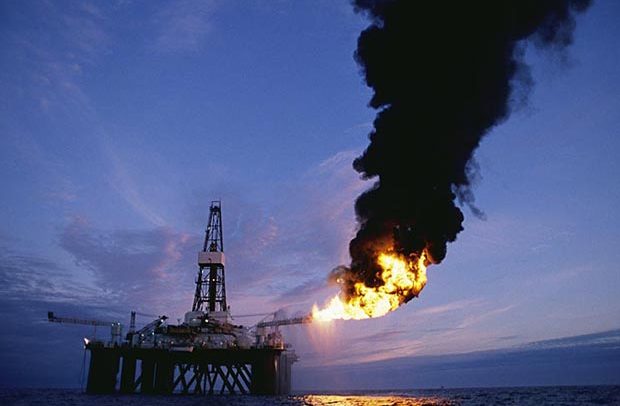PROCEEDS FROM the sale of oil by the Ghana National Petroleum Corporation (GNPC) this year recorded just $12 million whereas funds received by the country for similarly sized cargos sold in 2012 fetched the country $126 million.
The development, which is attributed to the global oil price crash, is captured in a new report by the National Resource Governance Institute (NRGI) titled ‘Ghana’s Oil Sales: Using Commodity Trading Data for Accountability’.
It also said GNPC had sold 73 cargos of oil, made up of 71.1 million barrels with a total value of $5.2 billion beginning 2011 to the second quarter of 2020.
The report said, “Majority of Ghana’s oil revenue comes from its two long-term sales contracts with Russian trader, Litasco, and Chinese state-owned Unipec Asia, with the latter tied to the government’s three-billion-dollar loan from the China Development Bank. In 2019, revenue from these two sales contracts equaled six per cent of government revenue. These two deals alone generated 59 per cent of the government’s total oil revenue for 2019.”
It continued that the coronavirus pandemic had severely impacted the Ghanaian economy, with the IMF projecting that growth would slow to just 1.5 per cent in 2020 compared to December 2019’s projection of 5.8 per cent.
“The country, like many oil-rich states, is facing the challenge of responding to the pandemic; with reduced government revenues resulting from the oil price crash,” it noted, adding that “the coronavirus has also exacerbated the country’s debt sustainability issues, which were already on the rise prior to the pandemic. Ghana is still a new oil producer, with first production from its Jubilee field occurring in November 2010 and the first cargo sold in early 2011. However, the sector represents a significant source of revenue. Oil revenues totaled $938 million in 2019.”
Around $802 million of this amount or 86% came from cargos of oil sold by the GNPC. This oil represents the state’s share of production that it derives from in-kind royalty payments and GNPC’s carried and participating interest (CAPI) in the three oil-producing projects in the country. GNPC oil sales equaled a full nine per cent of government revenue in 2019.
It said proceeds from Ghana’s oil sales had contributed to financing priority sectors since 2011. A price shock on the scale experienced in early 2020 will inevitably impede the government’s ability to continue to finance these priority areas.
“The onset of the pandemic saw oil prices decline to a low of $18.38 per barrel in April 2020, a steep drop from the Brent crude price of $67.31 per barrel at the end of 2019. Subsequently, the government revised the 2020 benchmark price of $62.60 2020 to $39.10 per barrel within its annual budget, with the resultant revenue estimated to drop by 57.9 per cent from $1.57 billion to $660.45 million.”
BY Samuel Boadi


